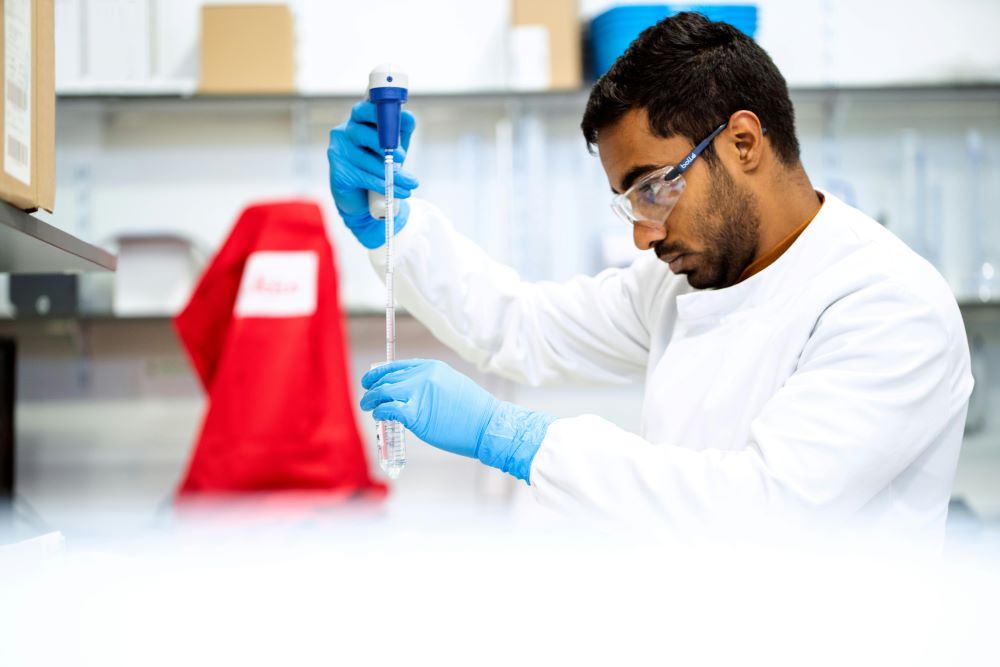Ruxolitinib shows promising results for rare genetic syndrome APS-1 treatment.
Typically, to make progress against some type of disease or condition, a new drug or treatment will need to be developed. In some cases, however, circumstances will come together to where an existing drug or treatment happens to be a great fit and can be used almost right away to help patients. A recent research discovery has led to such a situation taking place with a rare genetic syndrome. While this syndrome doesn’t affect very many people, it is extremely serious for those who do face it. Developments in treatments tend to be slow to come, and for a tragic reason – there isn’t enough money in the treatment of very rare conditions to make it worth the investment for drug companies and other organizations to put extensive resources to work.
At the heart of this story is a rare genetic syndrome causing autoimmune disease which is marked by dysfunction in multiple organs. Often starting in childhood and fatal in more than 30% of cases, it is known as autoimmune polyendocrine syndrome type 1, or APS-1. Those with APS-1 tend to have a range of serious, disruptive symptoms, and also live with the reality of knowing that a large percentage of individuals with the syndrome don’t survive.

This is where the drug ruxolitinib enters the picture. A drug that has already been approved for uses like treating autoimmune diseases and cancers, it has started to be used with APS-1 patients to surprising success. After a study with mice that showed promising results, five people with APS-1 were given ruxolitinib. Those people had a reduction in the underlying marker that is an indicator of APS-1 – high IFN-gamma production – and their symptoms improved over the course of a year. Some of those symptoms that started to improve included stomach irritation, thyroid inflammation, oral yeast infections, and hair loss.
It’s difficult to quickly expand the scope of research in a case like this simply because this is a rare condition that only affects a tiny portion of the population. With that said, those who are affected will be anxious to try a new treatment that is showing positive outcomes. Larger groups are sure to gradually be assembled so the drug’s effectiveness can be tried across those populations to see what the results look like. Not only does it need to prove to be effective in treating APS-1, but it also needs to be seen that there are no concerning side effects or safety issues to consider.
Stories like this highlight medicine at its very best. By using a drug that has already been developed and through the testing process, researchers are able to speed up the timeline and get people the help they badly need before it is too late. While more research is going to be needed to make sure that ruxolitinib is an appropriate treatment for those facing APS-1, the early signs are excellent and give cause for hope among patients in this category.
Sources:
Existing drug alleviates symptoms of a rare genetic syndrome
Existing drug shows promise as treatment for rare genetic disorder


Join the conversation!